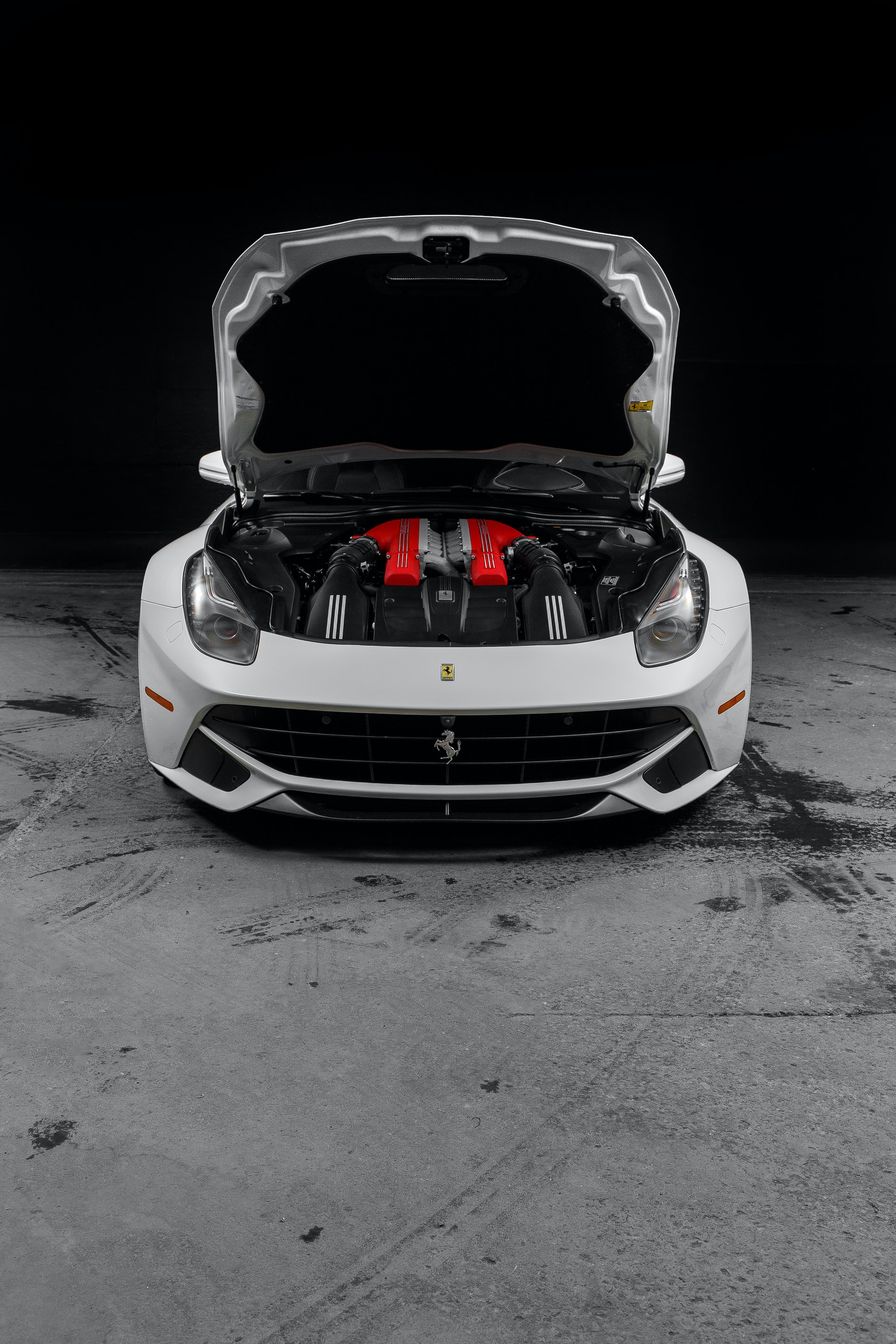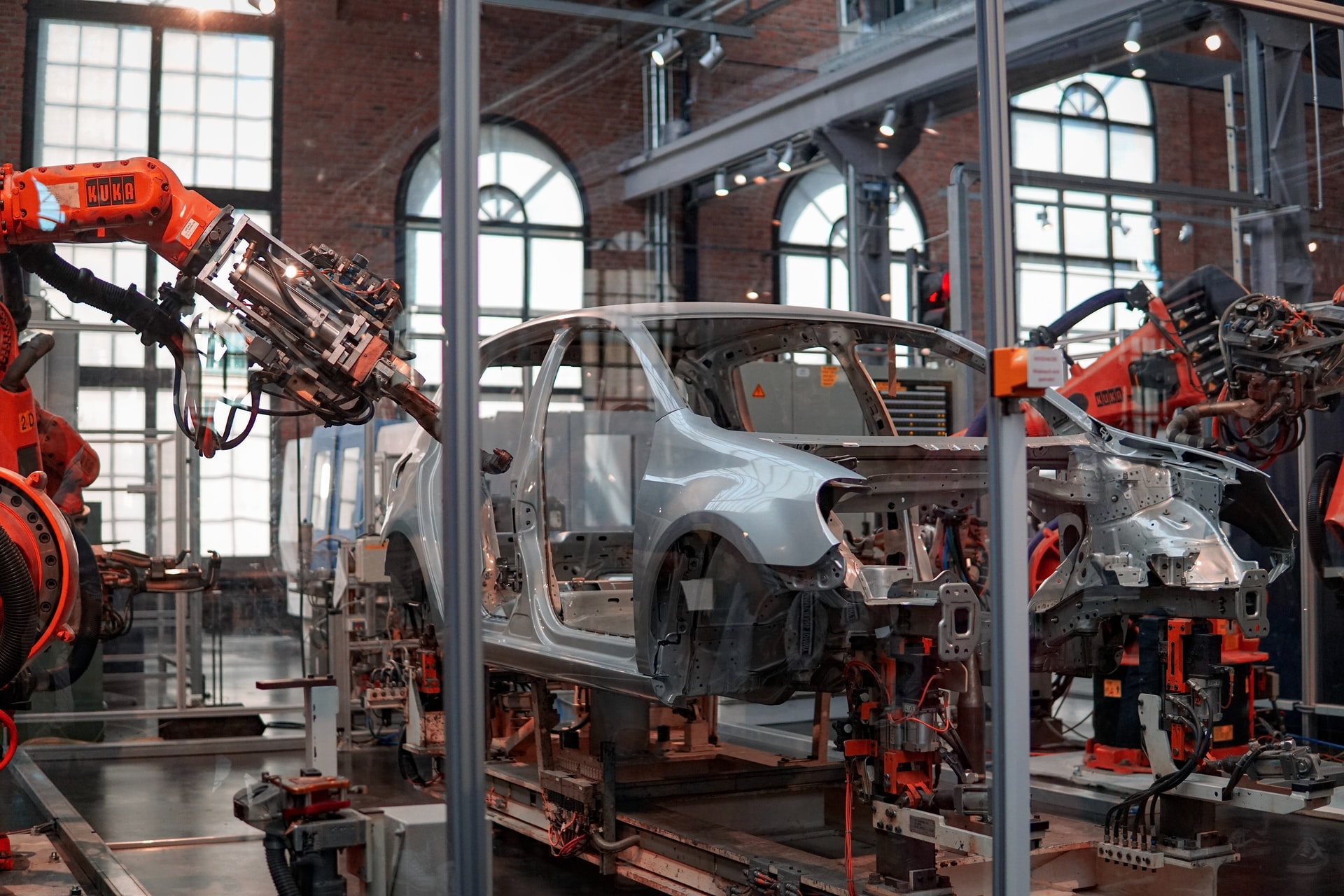
- Sustainable Planet -
- 5mins -
- 301 views
EU Parliament endorses ban on new petrol and diesel cars from 2035
Lawmakers in the European Parliament voted this month in favour of a motion that will require carmakers to cut carbon-dioxide emissions by 100% by the middle of the next decade… but not everyone is happy.
New legislation a key part of the ‘Fit for 55’ package
Lawmakers in the European Parliament plenary voted Wednesday 8 June, to mandate that all new car and van sales should be zero emissions from 2035 as part of efforts to clean up road transport. They backed the final report on revised vehicle CO2 emission standards legislation with 339 in favor, 249 against and with 24 abstentions.
The legislation is a key part of the Fit for 55 package and mandates that carmakers should reduce their fleetwide emission averages by 100 percent from 2035, with interim steps in 2025 and 2030. Parliament’s position maintains the Commission’s original 2035 phaseout date.
Source: Politico.eu

Alternative amendments were rejected
The final legal text now needs to be worked out in talks with the Council. Environment ministers are set to sign off on their version of the legislation at a summit in Luxembourg on 28 June.
An alternative amendment pushed in plenary by the European People’s Party would have set the 2035 emissions reduction target at 90% without any clear engine end date but that was rejected. The plan would have allowed the continued sale of a limited number of combustion-engine vehicles but was fiercely opposed by green groups.
Dutch liberal rapporteur Jan Huitema had also pushed for an extra 2027 interim target to spur industry to speed up the production of clean cars, but that was rejected by MEPs.
Source: Politico.eu

The car law is part of a package of climate legislation covering a range of polluting industries
The 2030 CO₂-reduction target and ban on combustion engines in 2035 were proposed last year by the European Commission, the EU’s executive arm.
Cars account for around 12% of European emissions of greenhouse gases, which are blamed for increasingly frequent and intense heat waves, storms and floods tied to climate change.
Electric cars and plug-in hybrid vehicles made up 18% of new passenger cars sold in the EU last year, although overall car sales dropped in the year amid semiconductor shortages, according to the European Automobile Manufacturers’ Association.
The car law is being scrutinised as part of a package of EU draft climate legislation covering a range of other polluting industries.
The EU plans to slash greenhouse gases by 55% in 2030 compared with 1990 rather than by just a previously agreed 40% over the period.
A big portion of the cuts would come from power plants and factories. These two sectors, unlike cars, have their greenhouse gases curbed in the EU by a European emissions-trading system that every year reduces the total supply of required pollution permits.
Earlier the same day (Wednesday 8 June), the EU parliament failed to advance that part of the climate package because of a split over the pace at which the free allocation of some emission permits – as opposed to the auctioning of them – should be phased out.
Source: EuroNews

auto makers not happy
German industry groups and other car lobby organisations have said the European Parliament’s decision to back a ban of new combustion engine cars in 2035 is a blow to climate protection and consumer choice.
EU parliamentarians “took a decision against citizens, against the market, against innovation and against modern technologies”, said car industry association VDA, according to a report by news agency dpa.
“In large parts of Europe there is no sufficient charging infrastructure. It is therefore simply too early for such a target. It will increase costs for consumers.”
Europe’s largest motoring association ADAC warned that “it will not be possible to achieve the ambitious climate protection targets in transport with electric mobility alone”, adding “it would have been necessary to also open up a perspective for combustion engines that are fuelled in a climate-neutral manner”.
Industry group eFuel Alliance said the vote “delivered a setback for consumers and climate protection” by opting for a “one-sided focus on electric cars and rejecting a technology mix that would embrace all climate friendly technologies”.
The shift to electric cars will heavily impact Europe’s economy, as millions of people currently earn a living by producing conventional cars and their components.
Countless supplier companies depend on making parts for combustion engines that will no longer be needed in electric cars – for example spark plugs, fuel injection systems, exhaust systems, gearboxes or fuel tanks. Many of them hope that synthetic fuels can throw a lifeline to combustion engine technology.
Source: TheDriven.io


